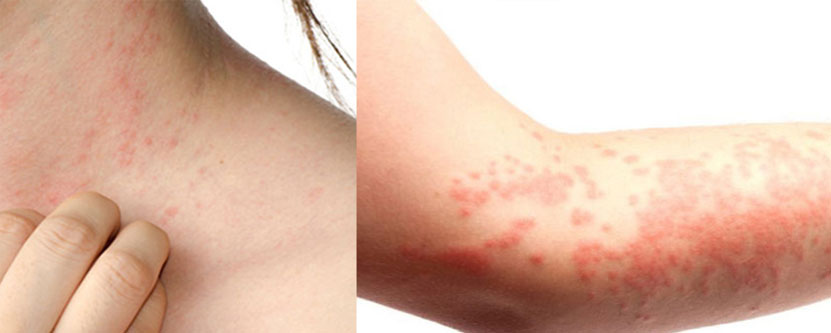Hives or “Urticaria” are very common across all age groups. They are an allergic reaction of the body on exposure to susceptible items. They are usually harmless and temporary but harbingers of allergy in the body.
[the_ad id=”6238″]
How to identify them?
- Slightly raised pink or red swelling
- Vary in size and shape
- Either occurs alone or in a group
- Migratory in nature, means will subside in one area in 24 hours, but appears in another area
- Very itchy
Why do children get hives?
Hives are usually allergic reactions which children develop in response to anything foreign. The commonest causes are,
- Insect bites
- Sea foods like prawns, lobsters, crab, etc…
- Eggs and peanuts
- Food additives and preservatives
- Drugs
- Garden weeds
- Animal hair
What should you do as a parent?
- Try to find the cause by inquiring what your child has eaten or where he has been recently. If you can assume the reason behind the hives, try to avoid it
- Note down the date and time when the hives erupted and how long it lasted. Note down the possible cause in a diary
- You can try reintroducing the possible cause after 6 months after doctor’s advise. If the hives recur, your diagnosis is confirmed. But if your child had a life threatening event, better to avoid
- Take care of the itching by applying cool compresses, calamine lotion and taking an oral anti-histamine. Trim your child’s nails
- Some hives may require oral steroids also, for treatment but only if the doctor advises
- Some children may be candidates for de-sensitization treatment, especially if the cause is identified
- Remember, hives can take 10-14 days to go off completely. So, don’t panic if they don’t start disappearing despite medicines
When should you consult a doctor?
- First episode of urticaria
- Hives lasting for more than 6 weeks
- Hives giving rise to life threatening complications
Source:

